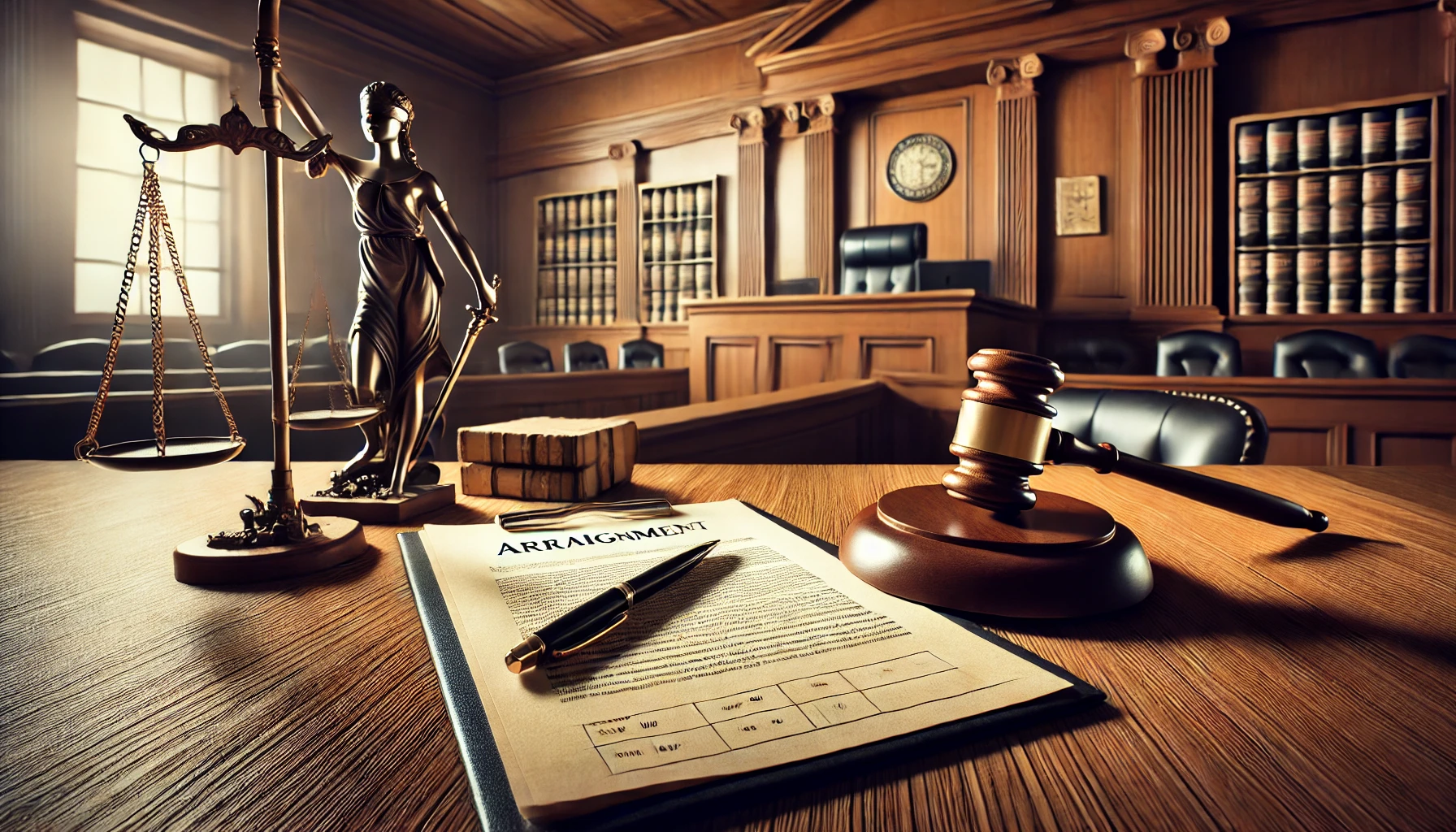Did You Know?
- The concept of arraignment papers dates back centuries, rooted in ancient legal traditions.
- These documents ensure that defendants are aware of the charges within 24 hours of being filed.
- Arraignment papers protect the principle of “innocent until proven guilty.”
- They often include a plea section where defendants can declare their stance.
- Errors in arraignment papers can lead to case dismissals.
Table of Contents
What Are Arraignment Papers And Why Are They Important?
Did you know that the arraignment papers serve as the backbone of several legal processes? Such documents specify the charges against the individual, making sure that all the rights of the person and the allegations against them are known. If you are one of those wondering, “What are arraignment papers?”, you are in the right place. In simple terms, everyone has the right to a fair trial in which there is a balance between accusation and defense, and these documents provide just that balance.
The Origin Of Arraignment Pages
The purpose of arraignment papers arose in the ancient legal systems of the Middle ages, which is similar to a system that ensures accountability. Their form and structure as well as contents were developed a long time ago but have greatly changed to fit the needs of modern judiciary practices.
What Are These Documents Used For?
If someone asks what is the purpose of the arraignment papers, then the best analogy would be: if you are in a dark tunnel and looking for a way out, such papers are your flashlight. They help the defendants as the papers specify the charges against them and hence what can the defendants do for a legal defense as per the charges.
How Have They Managed To Maintain This Standing In Legal Systems?
These documents are a requirement in any justice system that aims at providing justice as they promote honesty, equity, and speed in procedures.
Defining Parsons Probe in Arraignment Papers
Let us break it down-what is it about these documents that makes them so important?
What Are The Contents Of The Arraignment papers?
Arraignment papers typically include:
- Charges filed against the individual.
- Details of court appearances.
- Instructions for entering a plea.
What Is The Role Of The Court Clerk Or Prosecutors Office In Issuing Arraignment Papers?
The court clerk or the prosecutor’s office releases these papers as soon as the charges have been submitted. Their timing is so important as waiting for too long can breach legal rights.
How Helpful These Legal Papers To The Parties Involved In The Case?
Understanding how lawyers write can be akin to learning a new language. That is where lawyers do it for you.
What Role Do Arraignment Papers Have In Legal Matters
Arraignment papers are more than mere bureaucratic formalities — these evidences are factors that change the course of legal battles in court.
The Importance Of Such Resolutions When Working In Conciliation Processes
One of the theses of the legal orientation of the documents is the certainty of the prosecution. And so, to advance to court, the prosecutors must know: “What Can Be Used Against The Defendant”.
Explaining The Problems That Arise From The Use Of The Arraignment Papers
Mistakes happen. People tend to make errors in names, charges or even dates which can make the legal proceeding complicated possibly making the defendant take advantage of a situation unexpectedly.
How Defendants Can Use It To Change The Arraignment Papers To Their Favor
Knowledge is power. Arraignment is a pre-trial proceeding during which the defendant is brought to the court to be charged. Most defendants take the advantage of this opportunity to go through both the Leynia theory and Practical/Ongoing acts of the people and plaintiff.
Conclusion: The Role of Arraignment Papers as a Tool for Justice
Arraignment papers should not be viewed as just routine legal documents, for they are the lodestar of a fair trial. By ensuring that all parties are cognizant of their obligations and are in agreement with one another, they assist in equalizing the courtroom dynamics.
On a larger scope, these documents execute the principles of justice. They guarantee that each person, irrespective of what category they belong, has the right to know the wittiness of the charges framed against them and the right to counter those charges.
FAQs
What should I do if I have been served with Arraignment papers?
When you are served with Arraignment papers, commence preparing for your defense. It is prudent to get a legal representative so that you discuss the particulars and your legal situation. It is important to act fast in order to avoid missing any timelines and ensure that you are ready in court.
Are all the arraignment papers available for the public?
Within the borders of most jurisdictions, once the arraignment papers have been filed they are made public. However, certain sensitive cases that involve a protective order may fall short of that expectation. It’s wise to check your local statutes regarding such situations.
Are Arraignment papers able to be withdrawn in a court of law?
Yes, the mistakes and contradiction in details of Arraignment papers can be the basis of a case and opposition arguments. A lawyer can point out flaws in procedure or inaccuracy that can serve the purpose to the extreme of debarring the prosecution.
How does the document known as arraignment papers differ from a summons?
Both of them are legal documents, but the first provides information about charges and court procedure while the latter just orders attendance. They each have different purposes within the judicial process.
Do I have to hire a lawyer to help me read my included papers for the arraignment?
Although not a requirement, it has been shown that the interpretation of any legal papers by a lawyer is beneficial. They can explain legal jargon, give guidance regarding your plea, and assist in developing a good defense strategy.

